Blurring meanings through ‘Tangled Tongues’
Elliot Ziwira @ The Book Store
DAVID Kerr’s collection of poems “Tangled Tongues” (2003) visits the all too sensitive and yet familiar landscape of intercultural existence as individuals are thrown off board in their quest to co-exist in a global village. Cultural integration, whose root may be traced back to slavery; another thorny issue, and colonisation, has its own fair share of casualties, especially in the recipient communities.
The poet, who is British by birth, has travelled extensively through Africa as a scholar and filmmaker. His experiences in Malawi, Zambia and Botswana, among other countries, have shaped his resolve to side with the voiceless and displaced Africans, who continue to be weighed down by hegemonic machinations of the erstwhile coloniser, years after independence. The imperialist’s presence is still felt in the administrative apparatus of the new governments that cannot wean themselves from the imperial power, because of neo-colonialism. The education system, economic impetus and social cohesion are still under the tutelage of alien powers.
It is worth noting that when different cultures converge, language, which is the major informant of cultural values, suffers. In the African experience, European languages seem to take precedence over indigenous ones, which are pushed to the brink of extinction. When language suffers, then naturally culture becomes the biggest loser. There are some languages and cultures which may never be redeemed, as they collapse under the guise of industrialisation and progress.
When tongues are tangled words to express human phenomena like betrayal, despondence, hope and disillusionment, lose the intensity of meaning; exposing the feeble to toil and oppression. There is no better way of expression than that which comes with the debonair of semantics.
The poet fractures sense boundaries through his use of a combination of aural, visual, olfactory, gustatory and tactile imagery, which is aided by symbolic elements prevalent in African communities. The varying of form also heightens the deciphering of thematic concerns raised because inhibitions usually associated with traditional forms, which make the reading of poetry cumbersome, are mitigated.
The different forms used also tap heavily into folkloric traditions as the reader is drawn into the narrative. The poems can be read from different angles and are open to a plethora of interpretations, for the themes raised capture the blistering experiences of the African social, economic and political landscapes. Afflictions, civil wars, hypocrisy, deceit and oppression are fleshy for the poet’s surgical knife.
Using the autobiographical mode, Kerr, through the nomadic persona in his poetry, contrasts reality with what is hoped for, and juxtaposes affluence with squalor. The persona feels let down by stereotypical malfeasances borne of cultural invasion. Transcultural communication becomes skewed against the host culture, as it is aided by the need to belong and the quest to satisfy carnal desires.
As an artiste, Kerr is contemptuous of the cultural erosion that is brought about through industrialisation and or technology.In the poems “Prayer Rock” and “Uprooted”, the poet chronicles the bane of technology and war on cultural and religious norms, as traditional shrines are destroyed.
“Prayer Rock” highlights the soothing nature of religion as it follows the story of a Zionist apostle who goes to her traditional rock to upload her woes to the mighty God in the Christian way. Her problems are both social and economical. At the social level she bemoans her 17-year-old daughter’s immorality and insatiable carnal desires, which have elevated her to a grandmother.
Imprisoned by womanhood and motherhood, she fends for her plump grandson, Thabo, who “squeals and stuffs insects into his mouth”. She is also aware that Lebogang, her unrepentant daughter is newly pregnant. She pleads with God to save her daughter, grandson and her unknown sons-in-law. At the economic level which has a bearing on the social platform, she prays for her customers who find it difficult to honour their dues to her.
Clear in her prayer are the social burdens that are imposed on her by those whom she feels are not to blame, but simply need deliverance. Her suffering is profound and her eyes “squint and water” and she feels powerless to change her situation; what she can only do is pray. She is aware of the socio-economic burdens which implode on her community as she pleads with God to: “Especially help Thabo who’ll/ soon scamper to/the road where/whores drop/condoms, cars/ scream, and drunks/hurl empty cans.” However, her haven to unload her baggage falls quarry to the technological predators that, “guillotines the earth, which puffs back with clanking dread,” as they clear the way for a road.
The poem “Uprooted” also explores how African religion offers respite to societal woes. The persona escapes from her suffering and seeks hope from her husband and grandfather’s graves. Each month, she goes to her husband’s grave “pour beer and seek/blessings”. When civil strife breaks out, and insurgents demand goats, she would go to her grandfather’s grave and scatter flour.
But as the war intensifies the villagers are forced to leave their loved ones’ graves and head to “the border in the gloomy highlands”. Like all the other villagers, she feels let down because she could not find “time to pour “(her) last flour and beer on the graves” in their home thickets. The priests “who claim to know say Satan/is uprooting the whole world, and spirits/are howling around neglected graves…”
In the poems “Return of the Linguist”, “Tongues” and “Other Languages”, the poet laments the death of languages, especially minority ones, and lambasts the rise of cryptic languages which will not articulately express the majority’s feelings.
Kerr reveals the African tragedy of remaining clinging on to the colonial power, not only through language but capital; both human and monetary. This rationale obtains in “Afro-canned”, “Gaborone”, “Furnace” and “IMF Consultant”.
The juxtaposition of abject poverty with affluence in the poems “Lifestyles” and “Children at Play (Leeds/Harare)” also lays bare the baneful nature of hypocritical tendencies of the West. The piecemeal solutions that are prescribed to African problems in most cases aggravate instead of mitigate them; and the continent remains on its knees, notwithstanding its vast mineral resources.
It is this that has prompted the disillusioned persona in “The continuing search” to quip “with guileless truth, (that) she was looking for ‘Uhuru’” which courts trouble with the bemused cop. Such is the nature of “tangled tongues” that David Kerr is contemptuous of in his poetry.
The individual continues to search for freedom of expression, worship and social cohesion, but unfortunately for him or her, the quest remains a pipe dream as the means to such expression remains tangled, thus blurring the meaning of a shared vision.



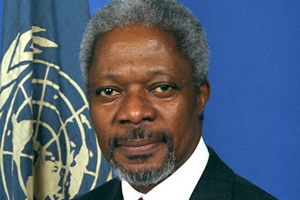
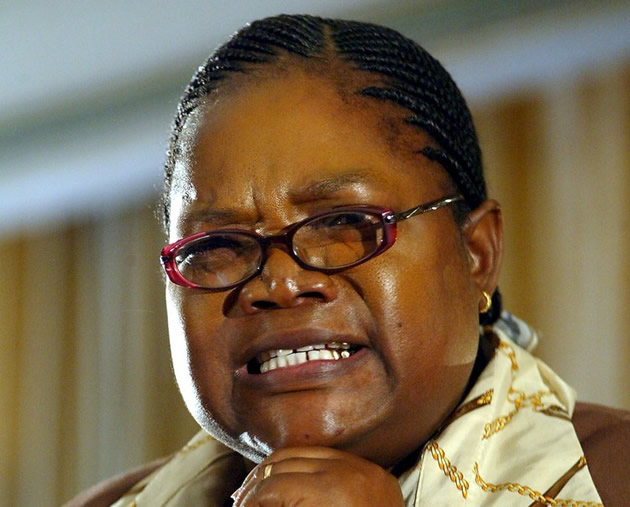
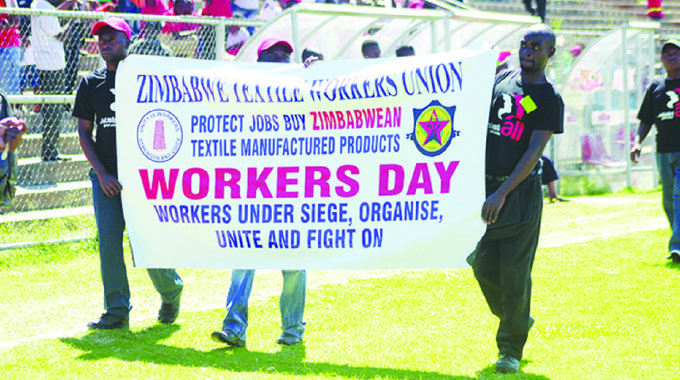
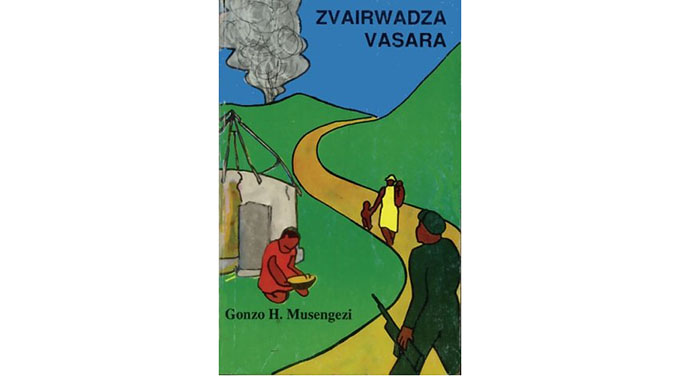
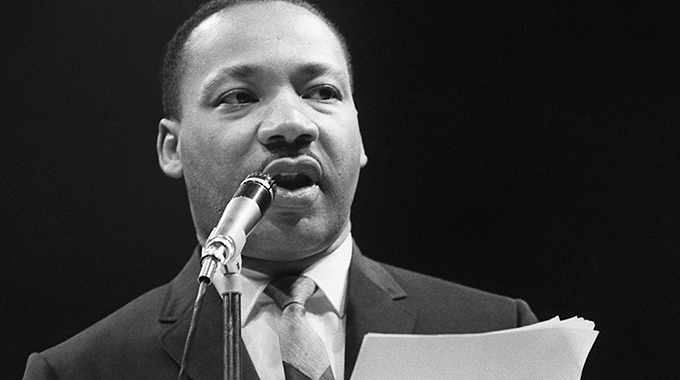

Comments